CANBERRA TIMES – MAY 30, 1951
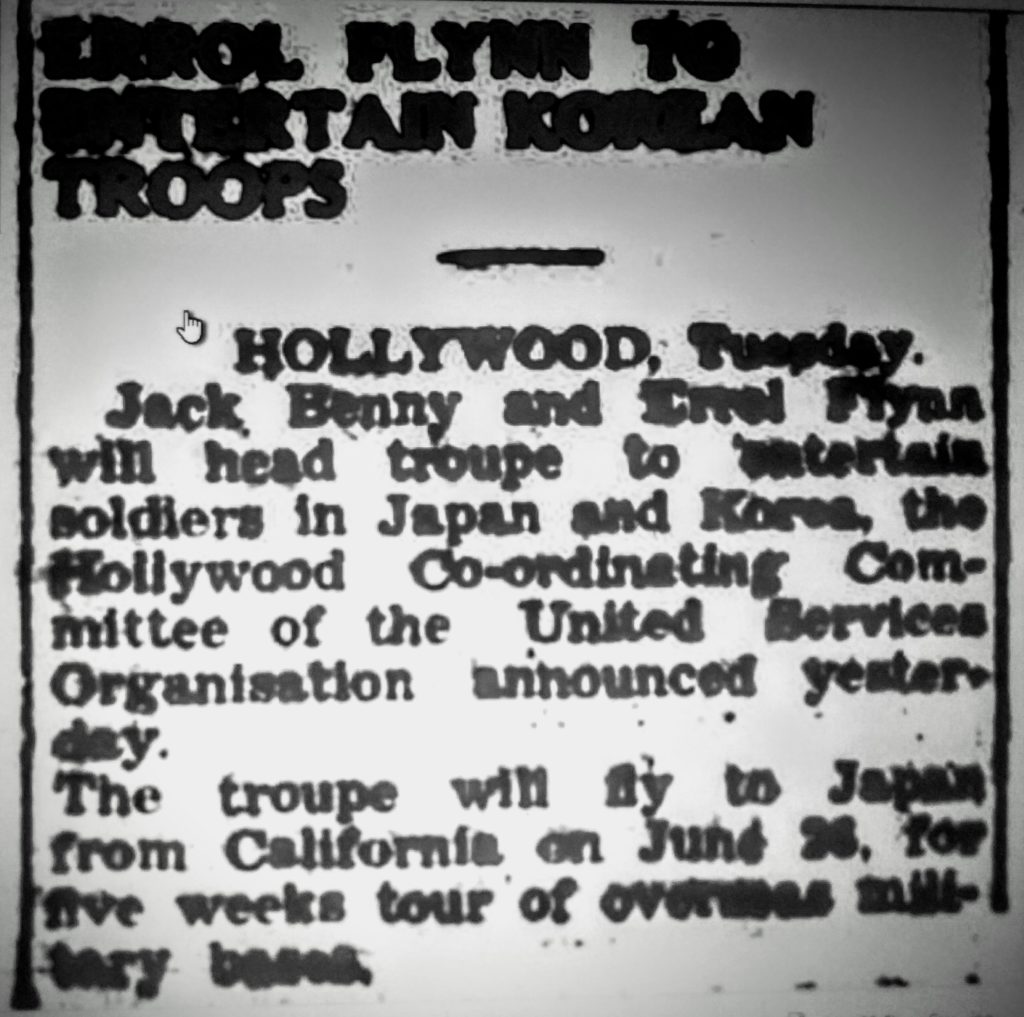
— Tim
He was in love with a famous swinger …
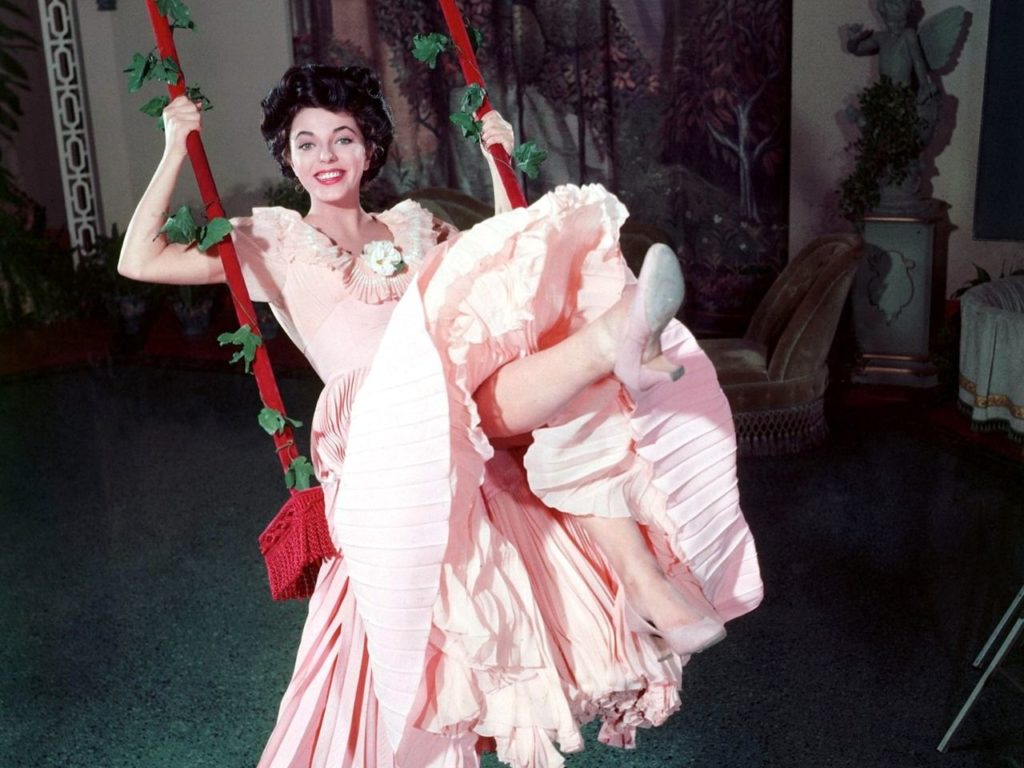
There was a lot of drinking and skullduggery involved …
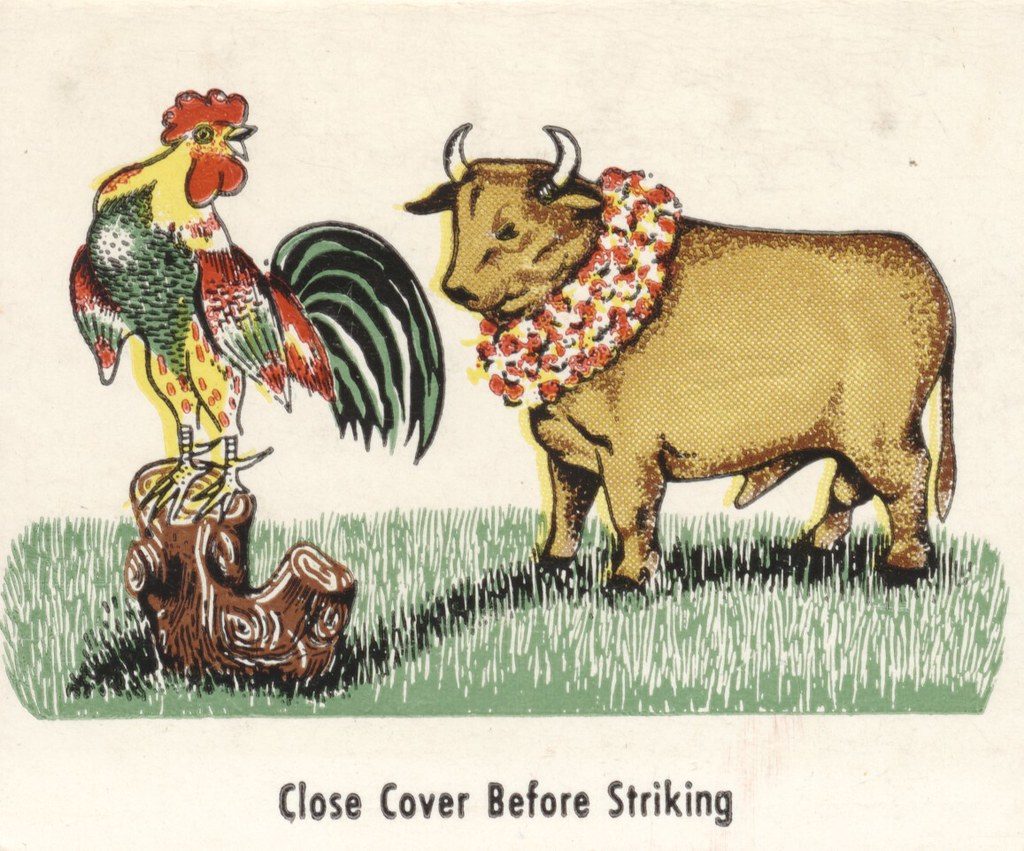
And some weekend fun up at the Farm …
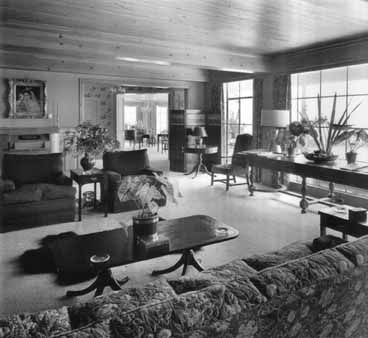
Alas, but not least, you know him well
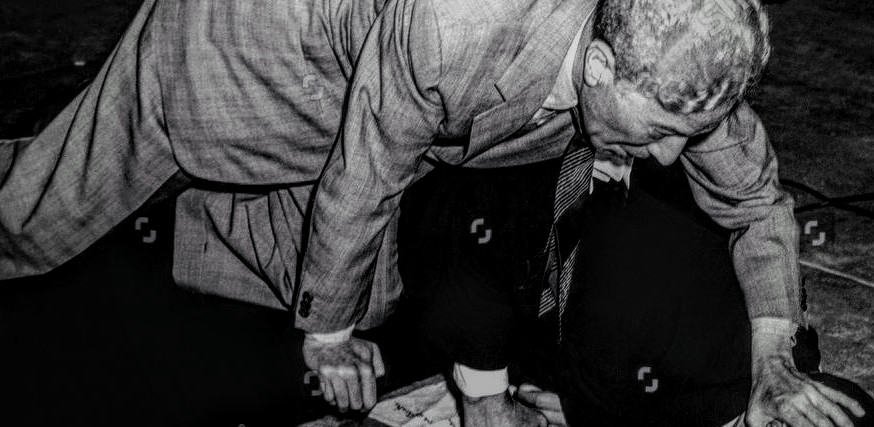
— Tim
People:
Ideas
Errol Flynn, well-known Hollywood yachtsman, had a new idea about boats, considered converting a sloop into a floating aquarium.
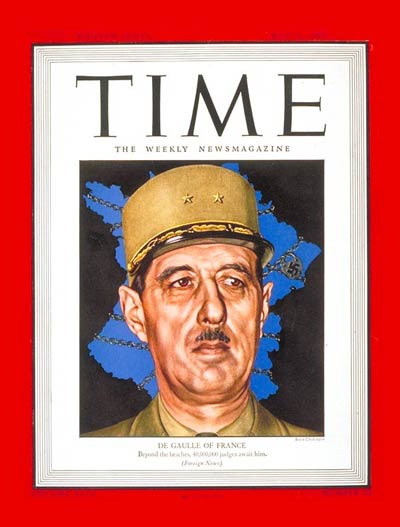
— Tim
Million dollar question
We know that Sara Hamilton Photoplay culumnist was a friend of Errol. But do we know more? A photo of her? Age. When did she pass?
— Selene Hutchison-Zuffi
According to My Wicked, Wicked Ways …
Following their escapades in Asia, Errol and Erben sailed on the French ship D’Artagnon*, through the Andaman Sea and Bay of Bengal, toward India. On this “voyage of discovery”, as he later described it to his father, Errol became enamored with a beautiful half-Swiss, half Japanese, young woman name named Myako. She was from a Swiss Colony in Kobe**. Unfortunately for Errol, Myako had a Swiss husband onboard, one who soon made his own discovery, i.e. Errol below decks with Myako.
“Nuts, screeching, and out of control”, Myako’s extraordinarily-strong and irate Swiss husband discovered Errol with his wife in the couple’s first-class cabin, both half-undressed. First, seized Errol’s throat and attempted to choke him to death. Then, when Errol finally managed to pry himself free, he pulled a revolver threatened again to kill Errol, this time pointing his revolver at one of Errol’s most prized possessions.
Errol was not able to talk his way out of danger with this insanely-jealous husband, but he was able to dodge the shot fired at him and take the gun from him. To Errol’s dismay, however, the noise of the shot and its ” zinging from wall to wall” “in the steel cabin” “through the first-class cabin” “like a blowfly over a piece of cheese” summoning the ship’s French officers, who promptly ordered Errol to permanently leave the ship, in Colombo, on the British island colony of Ceylon, now known as Sri Lanka. Errol attributed his being booted from the D’Artagnon‘, but not the first-class couple, to “economics” and French practicality.
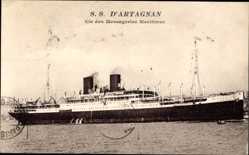
* The D’Artagnan later became a Vichy French warship (renamed the Teiko Maru and manned by Japanese) and was sunk by the USS Puffer, in the South China Sea, near Borneo.
** The Swiss had very extensive enterprises in Japan prior to WWII. In fact, they were responsible for more than a third of all raw silk exportation from Japan. They also exported – predominantly via French and German ports and ships- weaving machinery, wool, muslin, aniline dyes, drugs, perfumes, and watches. In fact, over 90% of all watches exported into Japan were imported from Switzerland.
— Tim
I was just wondering..what did Errol do with whatever he raised or grew in Jamaica and the land he owned in utah?
— Selene Hutchison-Zuffi